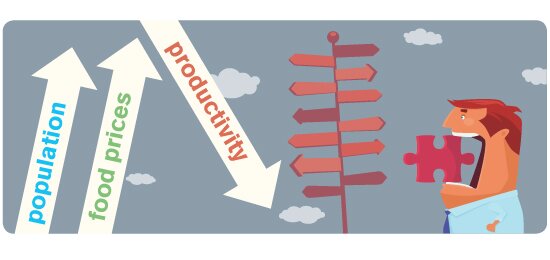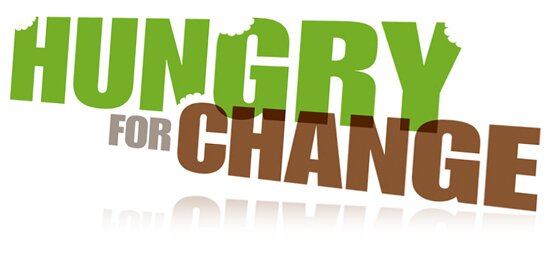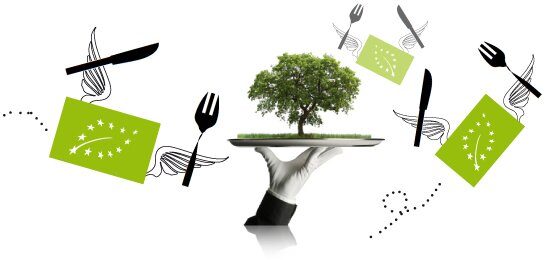
Agriculture is not what it used to be, it grew-up; it became more efficient, increasingly precise and productive, and employs a diversity of technological solutions. So things are looking good for the future of food production, right?
food & farming

Agriculture is not what it used to be, it grew-up; it became more efficient, increasingly precise and productive, and employs a diversity of technological solutions. So things are looking good for the future of food production, right?
biodiversity & environment

Head over to www.hungry4change.eu for your chance to join the debate on the future of sustainable agricultural productivity in Europe. This November the crop protection (pesticide) industry will webcast the ‘Hungry for Change’ conference. You can have your say via Facebook and Twitter; this is a unique opportunity to share your thoughts and ideas with industry, experts and stakeholders.
biodiversity & environment

“Organic production contributes to a high level of biodiversity and the preservation of species and natural habitats.“
A misleading statement, and part of the European Commission’s official organic campaign. Organic production can in fact lead to the destruction of natural habitats; and a loss of habitats will usually result in a loss of species.
health


There is a belief that in comparison to conventional agriculture organic is always better; that it’s friendlier to the environment, that the food that it produces is healthier and safer.
The problem with the argument that organic agriculture is better than conventional farming is that it very often is unsupported by sound scientific proof – it is also an unfounded generalisation. Perpetuating ‘organic myths’ with slogans and clichés designed to inspire confidence is not difficult and that’s why we need to cast a critical eye over some of these messages and enter the debate with data, sound scientific evidence and a bit of common sense.
Read More >
MORE POSTS